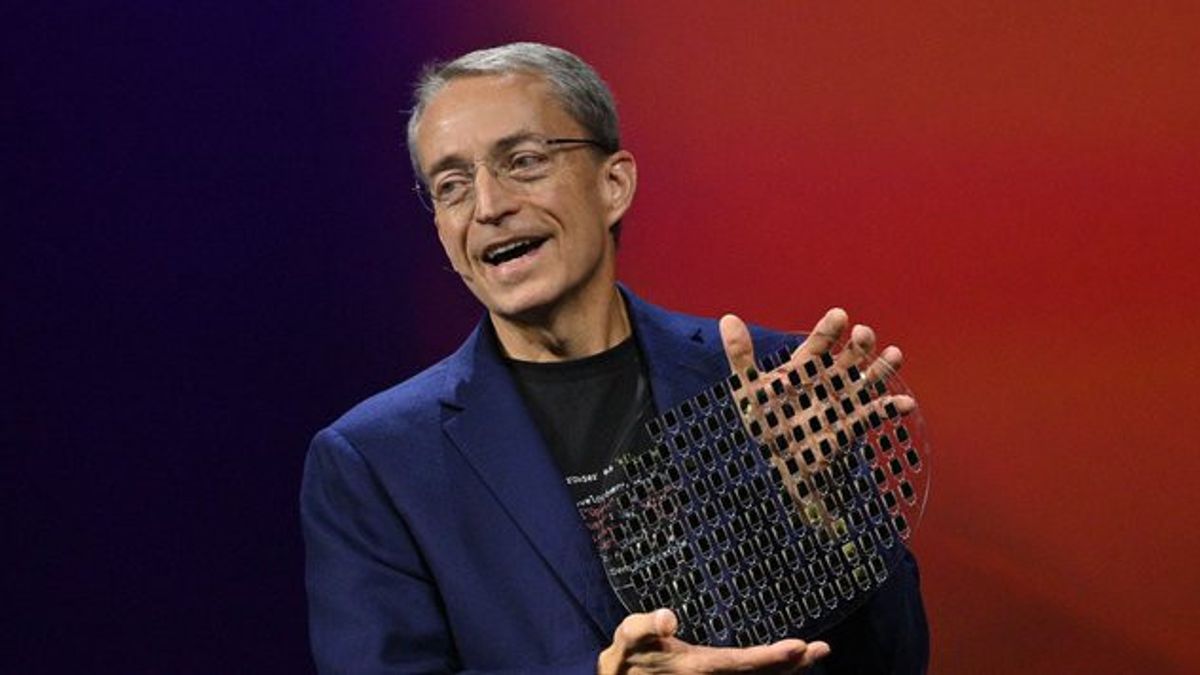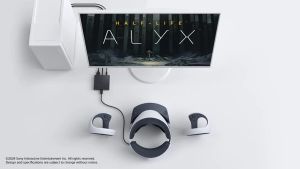JAKARTA - In an effort to retake the data center market share, Intel on Tuesday 4 June launched the sixth generation Xeon server processor. In addition, it also revealed that Gaudi 3's artificial intelligence accelerator chip (AI) will be priced much cheaper than its competitors' products.
The sixth generation Xeon chip is critical to Intel, which continues to lose its data center market share to Advanced Micro Devices (AMD). According to data from Mercury Research, Intel's market share for x86 chips in data centers has fallen 5.6 percentage points over the past year to 76.4%, while AMD now controls 23.6%.
Intel's inherent manufacturing process has allowed AMD to take over businesses in the sector, as AMD uses Taiwan Semiconductor Manufacturing Co (TSMC) to manufacture its chips.
The Xeon 6 server processor comes in two major variants, a larger and stronger version, as well as Intel's "efficiencies" model to replace older generation chips.
To achieve the same level of computing power as their second-generation chips, now it takes about 67% less server shelves with efficiency models, designed to serve media, websites, and perform database calculations.
"In short, the performance is up, the power is down," said Intel Chief Executive Pat Gelsinger, at the Computex trade show in Taipei, where he gave a presentation on the server.
A more powerful performance model is designed to run the calculations needed to generate responses from complex AI models and other tasks that require more horse power.
The Xeon "efficiency" chip is available on Tuesday, while the "performa" model will be present in the third quarter. Intel plans to launch additional variations next year. The sixth generation of chips have been delayed for a year as companies want to use different manufacturing processes.
At a press conference, Intel said that the 3rd Gaudi accelerator kit, which includes eight AI chips, was sold for around US$125,000 (Rp2 billion), while the previous 2nd generation Gaudi had a selling price of US$65,000 (Rp1 billion).
Speaking in Taipei, Gelsinger said the price looked " quite interesting", especially compared to competitors. "In other words, this destroys competition," he said.
SEE ALSO:
AMD and Nvidia did not discuss the price of their chips. According to custom Thinkmate server vendors, the HGX server system comparable to eight Nvidia H100 AI chips could cost more than US$300 (Rp4.8 billion).
Intel revealed details of the AI Gaudi 3 chip in April and positioned it as a much cheaper and more viable alternative to the H100 Nvidia chip.
Intel also said the next-generation laptop chip, called Lunar Lake, uses a 40% less power and has a stronger AI processor in it. Intel said it would deliver the chip in the third quarter.
Gelsinger also said he was "very happy" to see so many new PCs using Lunar Lake. "This will support the next generation of AI PCs in the industry," he added. "We are committed to PC AI."
He also thanked TSMC, which he said was very important in helping with a lot of core technology for Lunar Lake. Going forward for a more sophisticated version to come, Gelsinger said Arrow Lake will be introduced next year, followed by Panther Lake in 2025.
The English, Chinese, Japanese, Arabic, and French versions are automatically generated by the AI. So there may still be inaccuracies in translating, please always see Indonesian as our main language. (system supported by DigitalSiber.id)

















